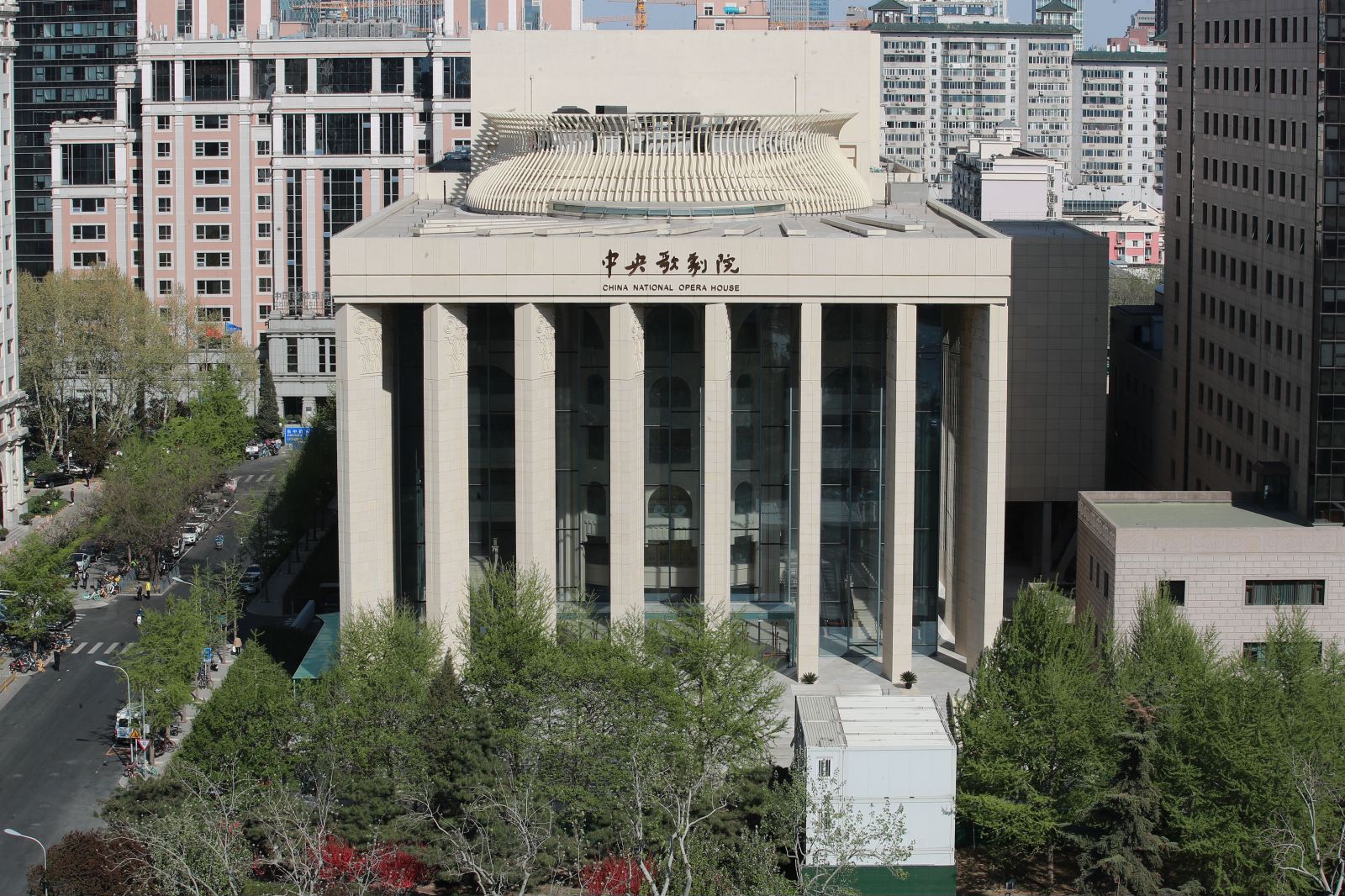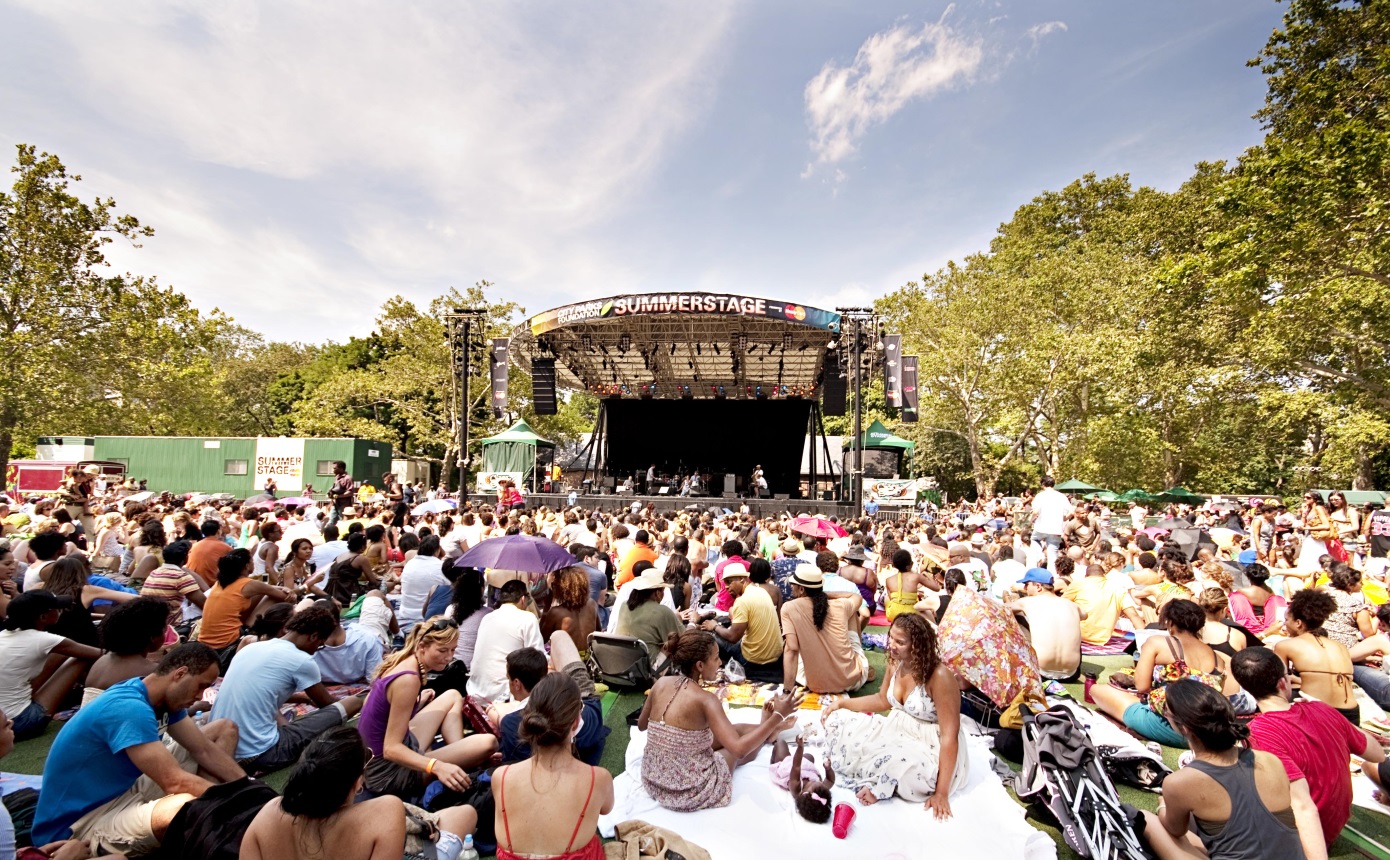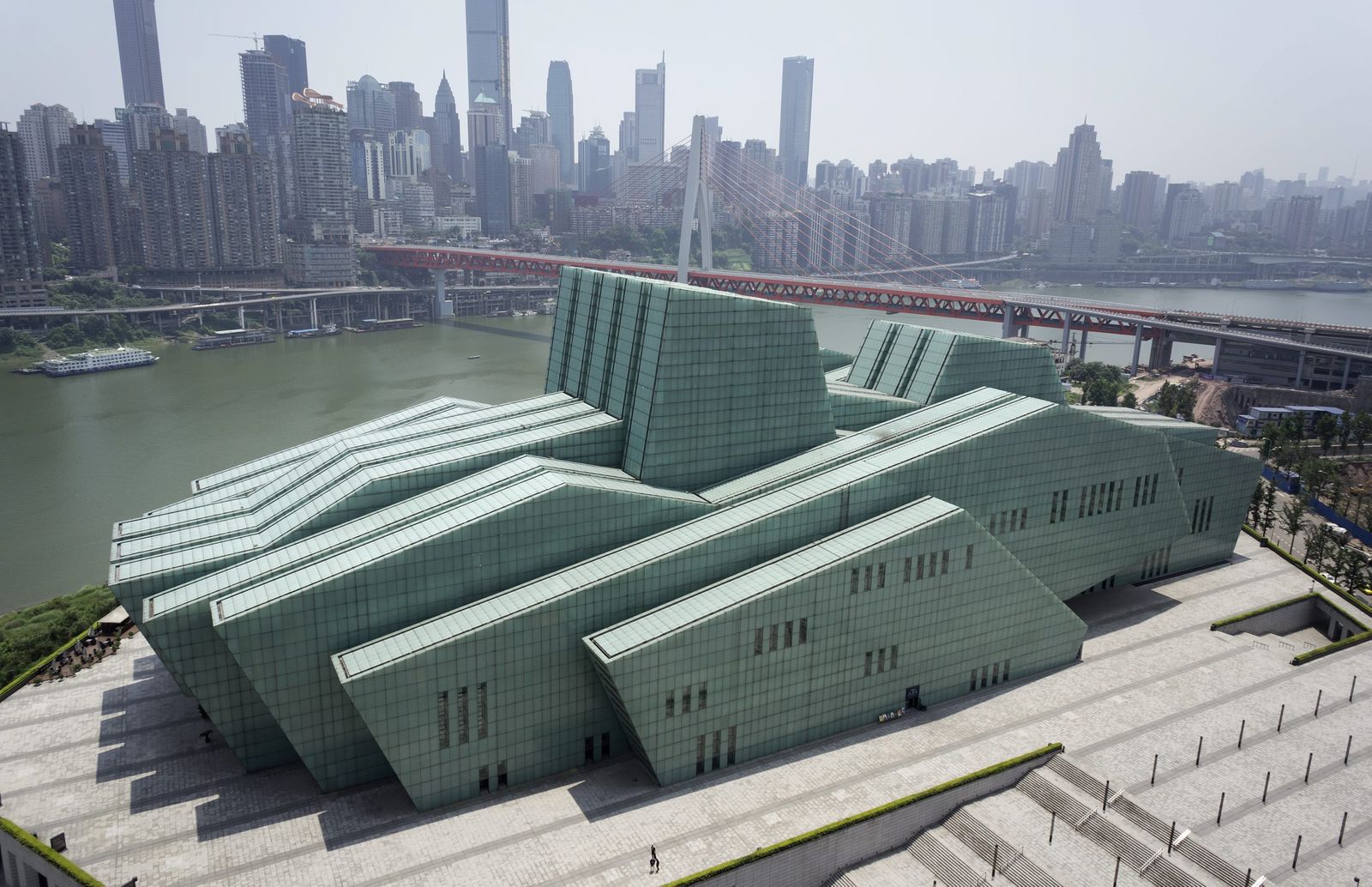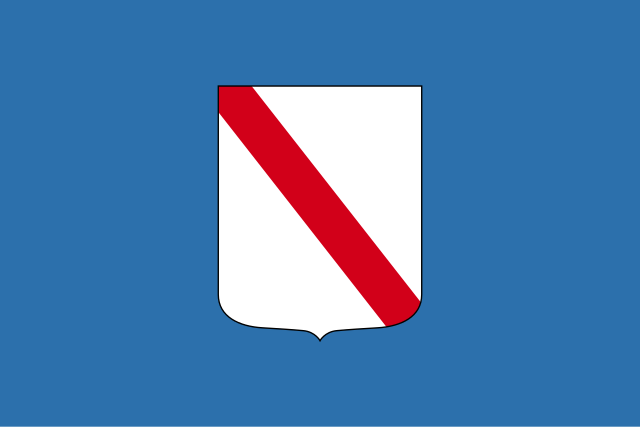
漢德百科全書 | 汉德百科全书
 Music
Music








 *Double First-rate
*Double First-rate
 Fachlicher orientierter Aufbau
Fachlicher orientierter Aufbau
 Beijing Shi-BJ
Beijing Shi-BJ
 China
China

 Music
Music
 Music colleges/conservatoire
Music colleges/conservatoire

Finale bezeichnet einen beschließenden Abschnitt der Dramaturgie eines musiktheatralischen Werkes. In der Konfiguration der „Nummern“ innerhalb eines musikdramatischen Werkes hat das Finale eine Sonderstellung inne: In der Regel beginnt es nicht gleichsam voraussetzungslos, wie oft andere „offene“ Formen im musikdramatischen Genre, etwa eine Introduktion oder ein Ensemblestück inmitten eines Aktes. Vielmehr ist in der Regel davon auszugehen, dass nach einer Peripetie in der Handlung das Finale mit einem Eklat beginnt, der durch eine außergewöhnlich konfliktreiche Personen- oder Handlungskonstellation motiviert ist. Diese Situation kann bereits zuvor herbeigeführt worden sein und im „Schluss“-Abschnitt eines Aktes oder eines ganzen Werkes auch nur zu einem wie auch immer gearteten vorläufigen Ende oder Abschluss gebracht werden.
终曲通常是奏鸣曲、交响曲或协奏曲的最后一个乐章;是一段非声乐且由多个乐章组成的古典音乐的结尾;亦或者是歌剧的最后一幕或音乐剧结尾中一个延长的模进。

Vide 'o mare quant’è bello,
spira tanto sentimento,
comme tu a chi tiene a' mente,
ca scetato 'o faje sunnà.
Guarda qua chistu ciardino;
siente, sie’ sti sciure arance:
nu profumo accussi fino
dinto 'o core se ne va…
E tu dice: "I’ parto, addio!"
T’alluntane da stu core…
da la terra de l’ammore…
Tiene 'o core 'e nun turnà?
Ma nun me lassà,
nun darme sto turmiento!
Torna a Surriento,
famme campà!
Vide 'o mare de Surriento,
che tesoro tene 'nfunno:
chi ha girato tutto 'o munno
nun l'ha visto comm'a ccà.
Guarda attuorno sti Serene,
ca te guardano 'ncantate,
e te vonno tantu bene...
Te vulessero vasà.
E tu dice: "I' parto, addio!"
T'alluntane da stu core
da la terra de l'ammore
tiene 'o core 'e nun turnà?
Ma nun me lassà,
nun darme stu turmiento!
Torna a Surriento,
famme campà! »
(neapolitanisch)


朱慧玲,生于上海,女中音歌唱家,现任香港中文大学(深圳)音乐学院教授。毕业于上海音乐学院附中、德国汉堡国立音乐学院和德国斯图加特国立音乐学院,获得艺术歌曲硕士和歌剧演唱家(博士)文凭。
她主演的剧目包括《卡门》《维特》《女人心》《蓝胡子公爵》《原野》等以及德奥轻歌剧。2013 年开始她也频繁在国内舞台上演唱,与国家大剧院、上海交响乐团、中央歌剧院、中央芭蕾舞团等合作《弄臣》(马德莱纳)、《安德烈谢尼埃》(贝尓西)、《汤豪塞》(维纳斯)、《西班牙时光》《卡门》以及马勒《大地之歌》等等。
17/18 演出季开始,她在余隆、张艺、汤沐海、吕绍嘉、吕嘉、张洁敏、M.霍内克、S.马尔采夫等指挥的执棒下,与中国交响乐团、中国爱乐乐团、上海交响乐团、杭州爱乐乐团、广州交响乐团、中央芭蕾舞团交响乐团、上海爱乐乐团等乐团合作马勒的第二&第三&第八交响曲、《大地之歌》和《少年魔角号》、威尔第《安魂曲》、首演叶小纲的交响曲《草原》《鲁迅》和《创世秘符》,上海交响乐团的18 年新年音乐会,中央芭蕾舞团在国家大剧院举行的19 年与20 年跨年音乐会,以及《卡门》等作品。18 年朱慧玲与慕尼黑爱乐合作了谭盾作品《慈悲颂》全球首演,继而在洛杉矶与杜达梅尔合作了该作品,在墨尔本、香港等地巡演。2017 年起,她应邀参加日内瓦联合国“世界人权日”和联合国主办的“丝绸之路”系列Gala 音乐会巡演。
除了演唱以外,她还在公益性组织德国汉堡新生代艺术家基金会任艺术总监,德国蒂门多芙音乐比赛评委,2019 年中国音乐金钟奖美声组评委。
Huiling ZHU is the Professor of School of Music, The Chinese University of Hong Kong, Shenzhen. The Shanghai-born mezzo-soprano, Huiling ZHU graduated from the High School affiliated to the Shanghai Conservatory of Music, Hochschule für Musik und Theater Hamburg, and Musikhochschule Stuttgart, where she made her Bachelor, Master and Soloist (Doctor) degrees of Lieder and Opera.
She made her operatic debut in Offenbach’s La Perichole in Graz (Austria) in 2003. Her repertoires include Carmen, Werther, Così fan Tutte, Barbe-Bleue, Rheingold, The Wilderness etc., as well as the operettas, in different opera houses such as in Stuttgart, Zürich and Hyogo etc.
In 2013, Huiling ZHU made her opera China debut in NCPA with Les Contes d’Hoffmann. As an opera singer, she’s invited by different orchestras and opera houses in China, such as NCPA, Shanghai Symphony Orchestra (SSO), Central Opera House, singing Andrea Chénier (Bersi), Tannhäuser (Venus), L’Heure Espagnole, Carmen, etc.
From the season 17/18, under the direction of Yu Long, Zhang Yi, Tang Muhai, Lv Shaojia, Lv Jia, Zhang Jiemin, Manfred Honeck and etc., she collaborated with China Symphony Orchestra and China Philharmonic Orchestra, Shanghai Symphony Orchestra, Hangzhou Philharmonic Orchestra, Guangzhou Symphony Orchestra, Central Ballet Symphony Orchestra, Shanghai Philharmonic Orchestra and other orchestras to perform Mahler’s No. 2, No. 3 and No. 8 Symphony, Das Liede von der Erde and Des Knaben Wunderhorn, Verdi’s Requiem di Messa, the world premiere of Xiaogang YE’s Symphonies No. 4, No. 5 and No. 6, SSO New Year’s Concert in 2018, Beijing New Year’s Concerts 2019 and 2020, etc. In 2018 Huiling ZHU joined the world premiere of Tan Dun’s The Buddha Passion as the alto solo with Munich Philharmonic, in LA (Gustavo Dudamel) and toured in Melbourne and Hong Kong. Since 2017, she was invited to participate in the Gala concerts tour of “World Human Rights Day” and the “Silk Road” organized by the United Nations in Geneva Switzerland and other countries.
Besides singing, Huiling ZHU is also the art director of the charity association Siftung Chinesische Nachwuchskünstler in Germany, the judge of the Timmendorf Music Competition in Germany, and the judge of the Chinese Music Golden Bell Awards 2019.
 Performing Arts
Performing Arts
 Architecture
Architecture
 New York-NY
New York-NY
 Dances
Dances
 Education and Research
Education and Research
 Campania
Campania
 Vacation and Travel
Vacation and Travel